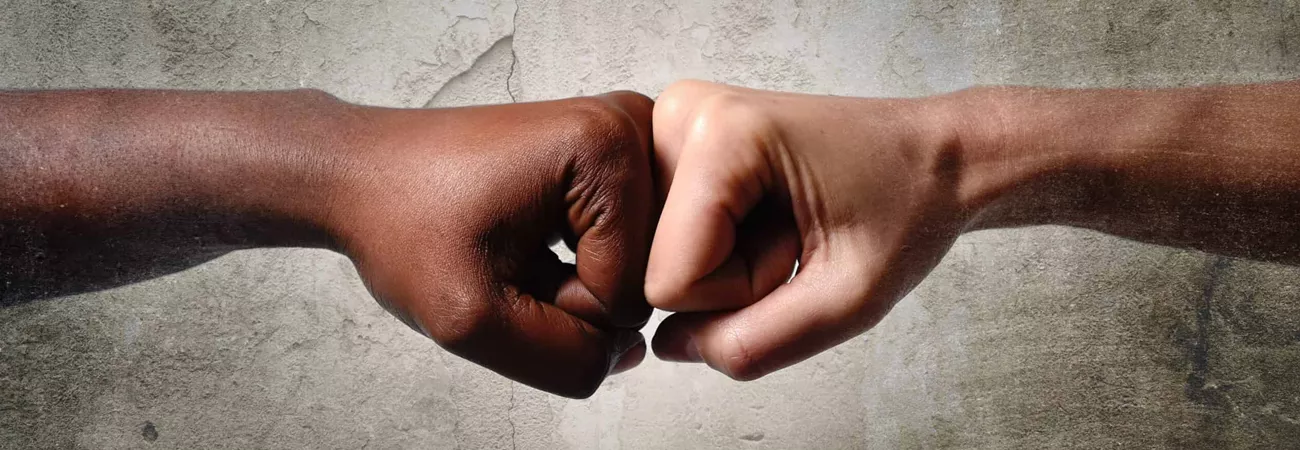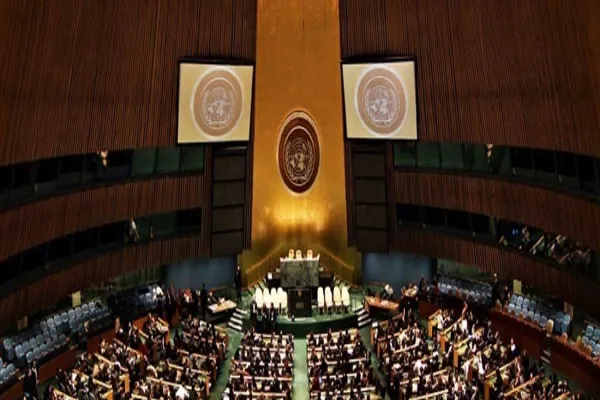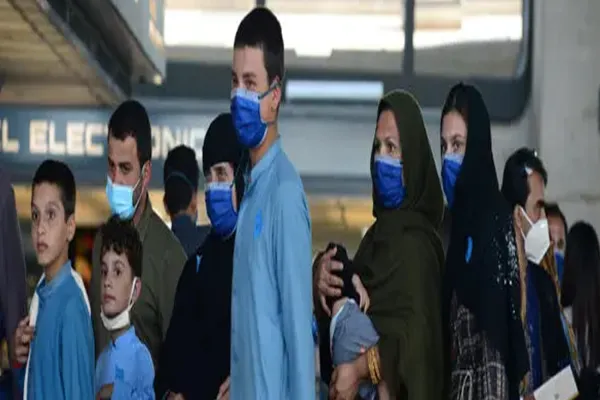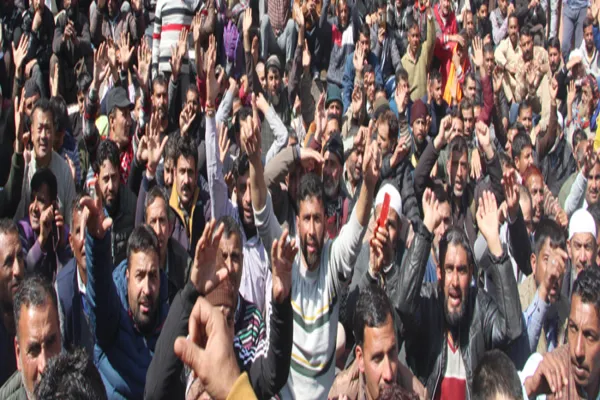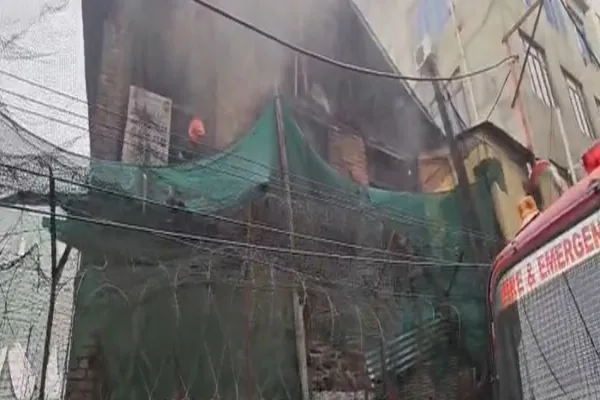i NEWS INTERNATIONAL
Long viewed as a multicultural and inclusive nation, Canada admitted recently that its immigration system is tinged with racism and concern has risen over high rejection rates for African students. "I have met people who have had their visas refused more than five times," even though they had been accepted by Canadian universities, says Serge Nouemssi, white coat and pipette in hand.Originally from Cameroon, the 33-year-old biology student has been working on his doctorate for more than three years in a laboratory at the University of Quebec at Trois-Rivieres (UQTR).
Surrounded by greenery, the campus located halfway between Montreal and Quebec City hosts almost 15,000 students, including the largest proportion of Africans in the province -- 65 percent of international students.But "we have seen rejections of up to 80 percent of applicants coming from Africa," says the school's rector, Christian Blanchette, who noted it has been an ongoing problem "for several years." In a report quietly released at the end of September, the national immigration department said it "recognizes the presence of racism in Canada and within our own organization.
"According to Federal data, Quebec is the Canadian province with the highest rejection rate of African students -- around 70 percent from French-speaking African nations between 2017 and 2021. The data says applications from France, Britain or Germany to study in Quebec are almost always accepted -- approximately a 90 percent approval rate. - 'Absurd' refusals - As well as having to pay tuition ranging on average from Can$17,000 (US$12,750) to Can$19,000 per academic year to study in Quebec and rising up to Can$50,000, African students must also provide financial guarantees.
"For us Africans, generally they (immigration officials) insist on proof of financial means" to be able to afford to live and study in Canada, explains Nouemssi. "There are cases where we have demonstrated financial resources that were close to one million Dollars," explains Caroline Turcotte-Brule, an immigration lawyer. "The agent replied that our client did not have enough financial resources." "I have the impression that it's a bit random," she adds, specifying that the reason for refusal is often the same: "a fear that the person will not return to his country of origin after" his studies.
Ottawa has even been encouraging foreign students to do so as it rolled out incentives in recent months in order to help deal with a labor shortage.Sitting at her desk in a small laboratory at the end of a maze of underground corridors, Imene Fahmi says that she had to try twice before being able to come and study in Quebec. "I encountered a lot of difficulties", explains the Algerian-born doctor, who was refused the first time because the program she'd chosen was "not related to her previous studies," even though she had been aggressively recruited by her future research director.
Credit : Independent News Pakistan-INP



